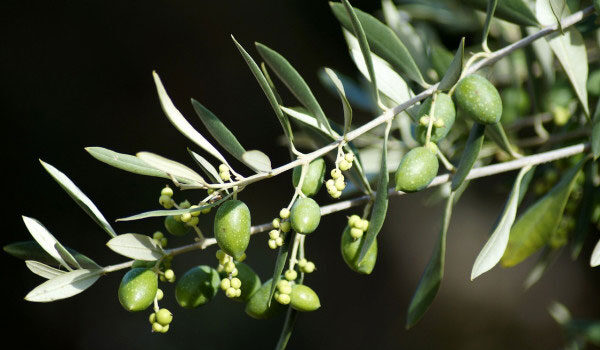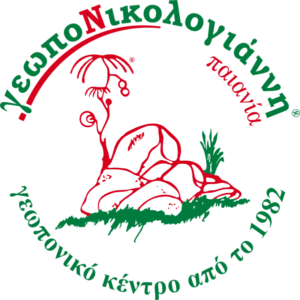A full nutrition program is necessary to restore the levels of nutrients removed with the olive fruit during harvesting. Nutrition will enhance a good production in the following year. Olive trees should receive fertilization during the autumn and winter months.
The basic fertilization of the olive, that is, the fertilization that starts in autumn and is carried out until the end of winter, is very important!
The olive grove needs to have all the necessary nutrients to allow for a highly successful result, both in terms of quality and quantity of production. The main nutrients and trace elements that an olive tree needs are nitrogen, potassium and boron.
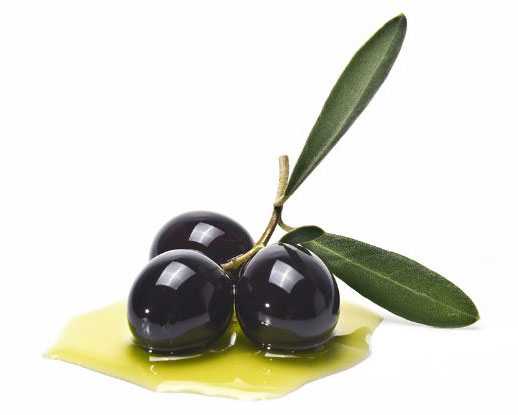
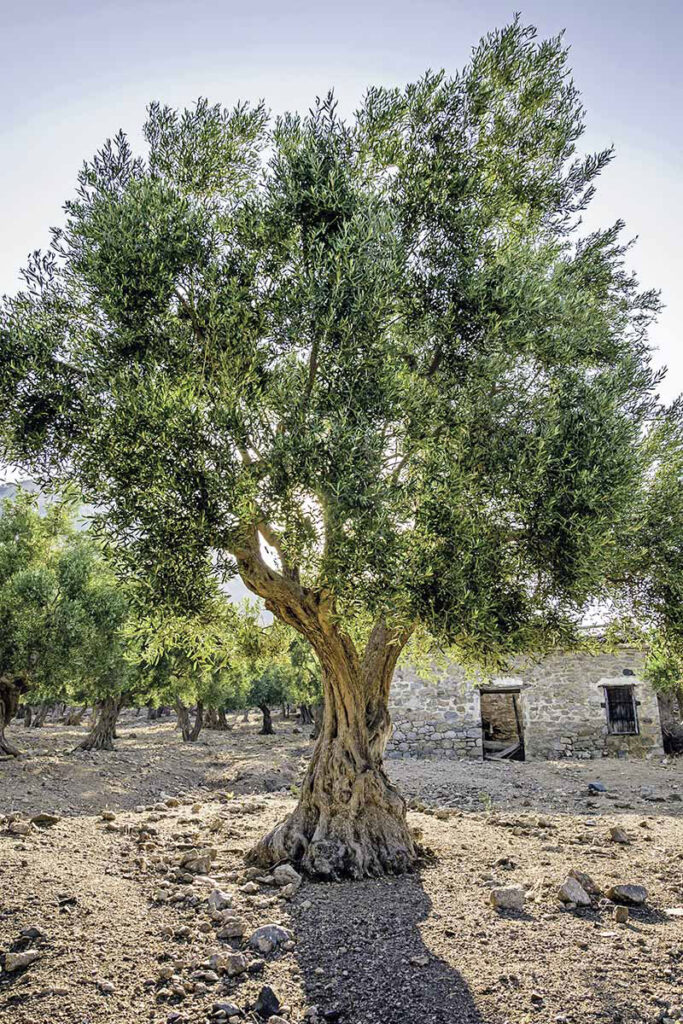
Nitrogen directly affects vegetation and production making it the most important nutrient. It has the ability to increase the quantity and weight of olives, enhance the growth of spring vegetation, reduce self-fertilization and improve fruiting. It is definitely the most basic nutrient.
Potassium is absolutely necessary for the olive trees. Its deficiency directly reduces production and negatively affects the quality and oil content of the fruit. Potassium also plays a key role for the tree’s resistance to frost, drought, enemies, diseases and adverse weather conditions.
Boron is an element with the most significant effect on olive production as it is directly related to the fertility of the olive tree. The sufficiency or lack of boron affects pollen germination, pollination, fruit set, fruit development but also the olive oil and fruit quality and production. In cases of boron deficiency, there are several issues such as small and deformed fruits, fruit drop, leaf drop and also problems on the olive branches and shoots.
All weather cultivation!
Νitrogen needs, are increasing during flowering/spring. However, flowering comes at a much later stage than the initial application of the fertilizer (autumn/winter). Rainfall washes away nitrogen, especially on steeply sloping soils.
For that reason, fertilizers that contain a urease inhibitor and a nitrification inhibitor in the same grain prove to be valuable, as they ensure nitrogen protection and effectiveness, even under extreme weather conditions (high temperatures, prolonged drought, intense or even prolonged rainfall), increasing crop yields.
At the same time, even in normal weather conditions, the fertilizers’ ability to release nitrogen slowly and steadily, helps the olive trees to keep up with the needs during the critical stages of flowering and fruiting, as well as the hardening of the endocarp, without leading to excessive fruiting which causes microcarpy.
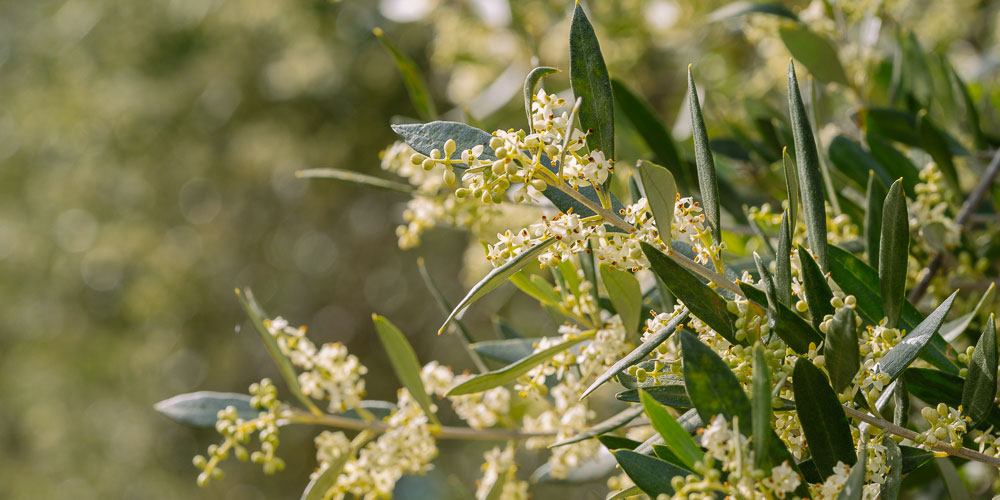
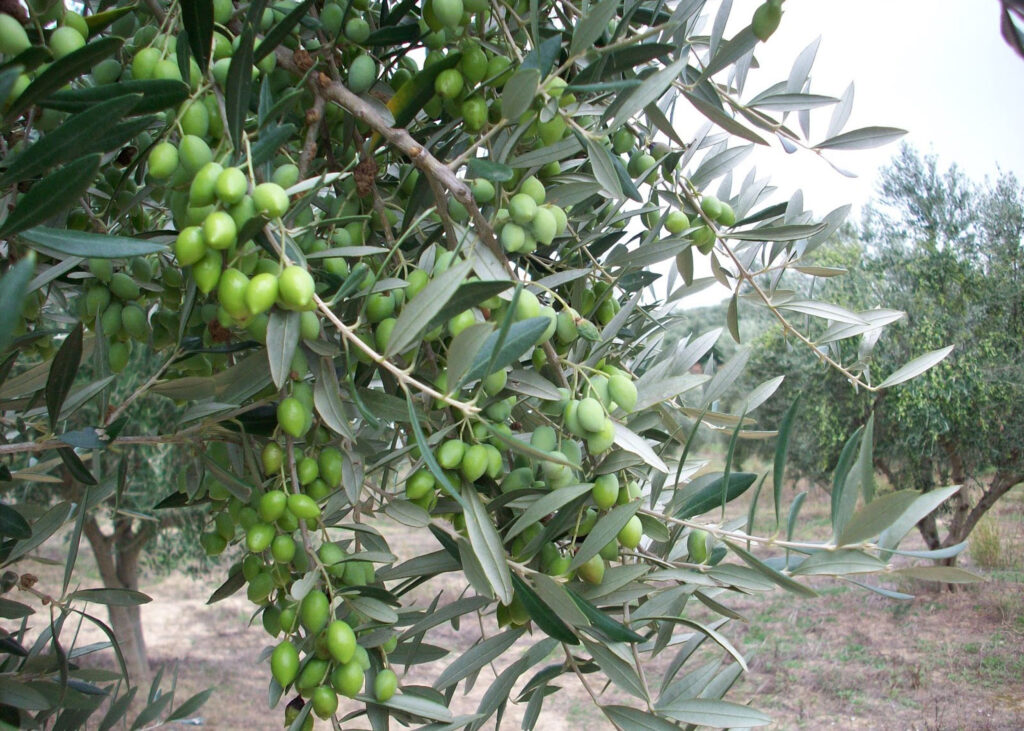
The agronomist is your ally!
The key steps of olive cultivation were briefly mentioned above. However, we should not forget that the growth of a plant is often regulated by the element that is in short supply or it is in the “relatively” smallest amount. Therefore, both the soil analysis as well as the necessary nutrients are a significant step in the olive grove cultivation.
A specialized agronomist who will evaluate the results from the lab soil analysis will advise about the appropriate fertilization programme.
Make the agronomist your ally!
Consult your agronomist and enjoy a successful harvesting!

